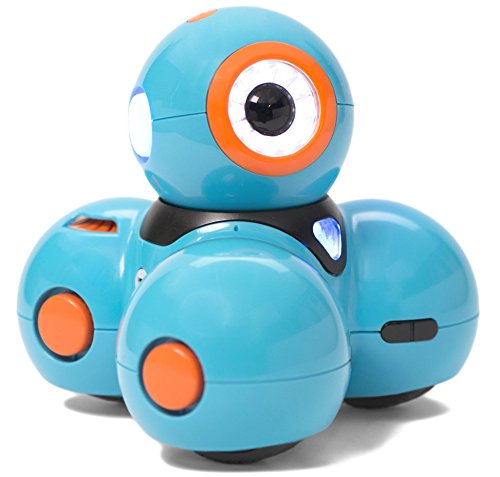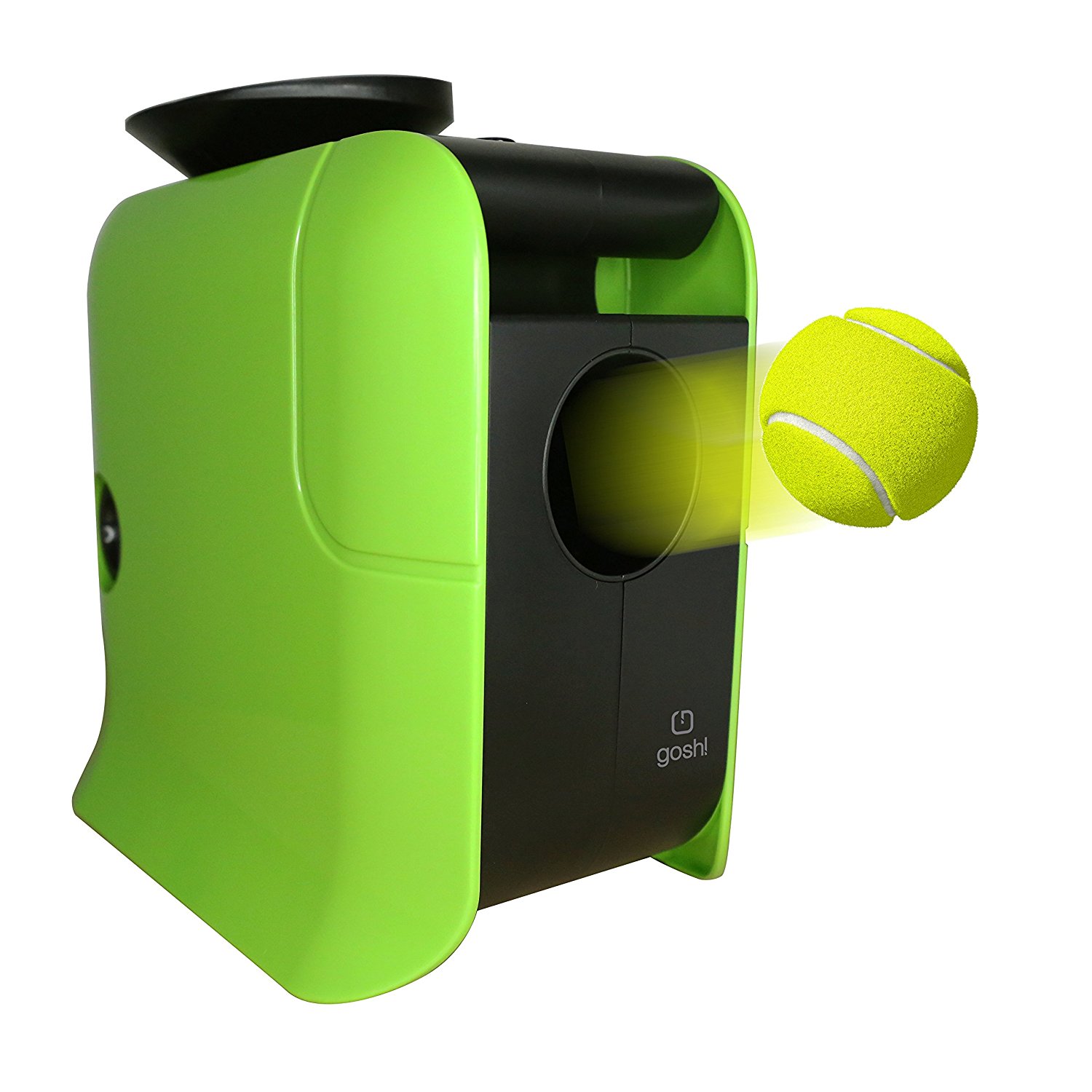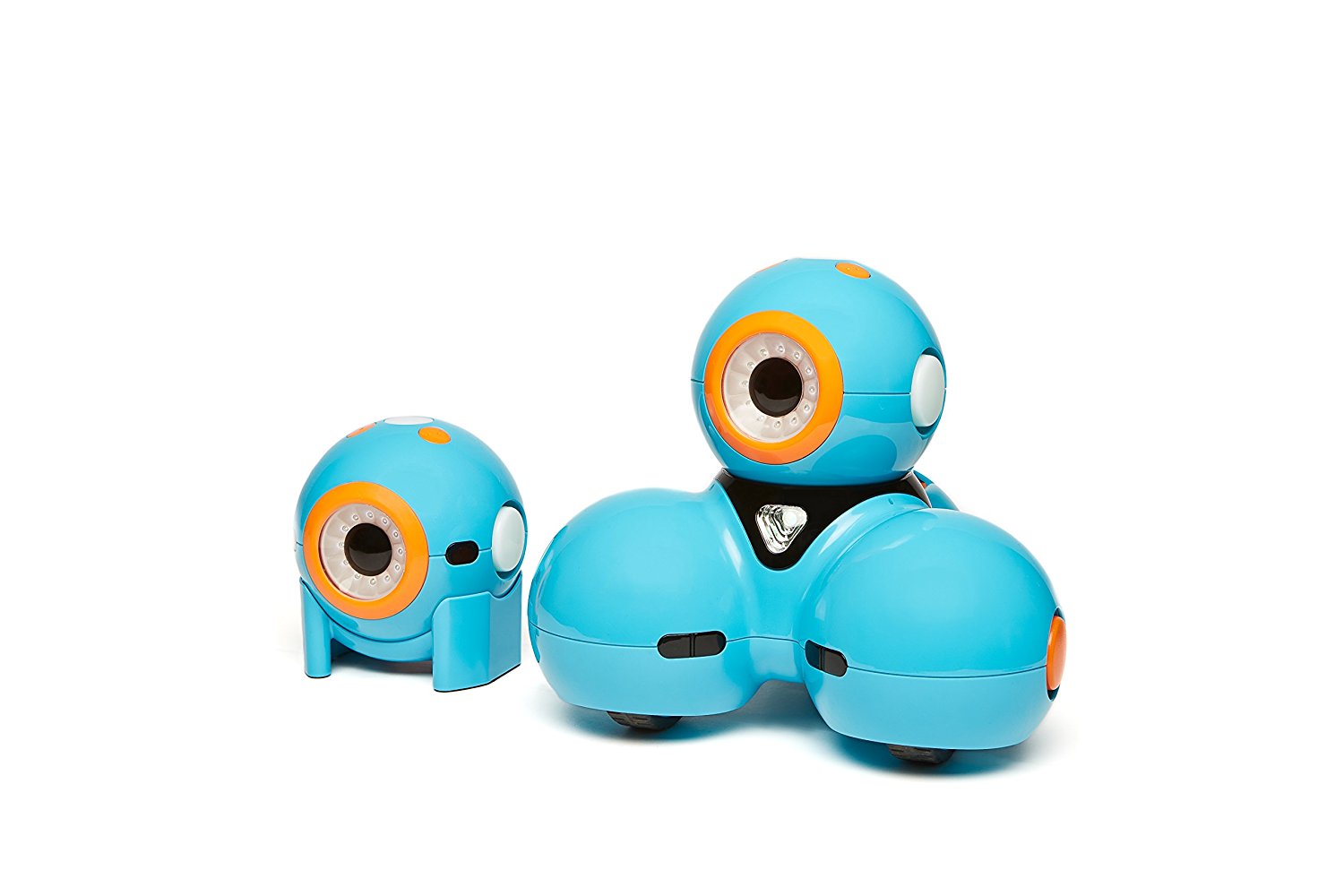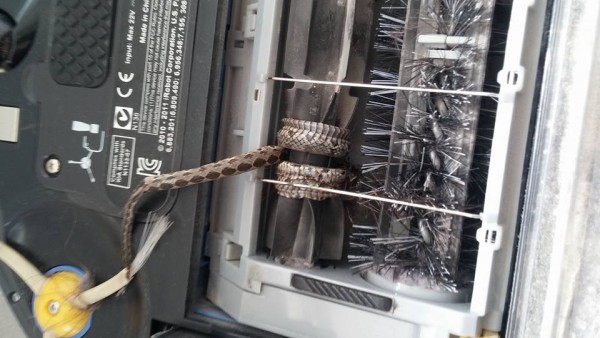In recent years, robots have assumed different roles, sometimes replacing humans for complicated tasks, other times complementing them. HitchBOT is about to take from us one of the life’s pleasures by becoming the world’s first hitchhiking robot.
On July 27, HitchBOT will leave Nova Scotia and head to Victoria. David Harris Smith, the assistant professor at Hamilton’s McMaster University who created HitchBOT thought that making a hitchhiking robot wouldn’t be such a bad idea. We all know that hitchhiking can be dangerous at times, but Smith is willing to take this risk.
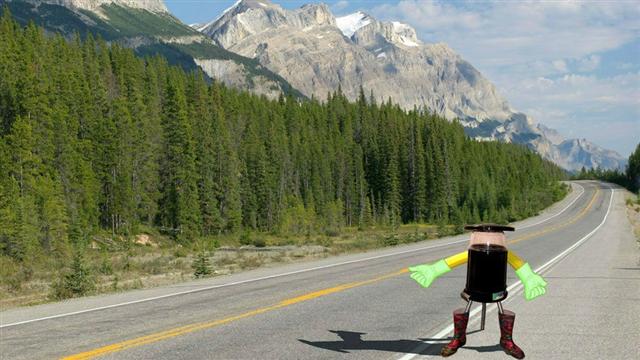
This little hitchhiker was made using pool noodles, an old bucket, Wellington boots, rubber gloves, solar panels, and a miniature computer for a brain. Apart from the computerized brain, all the other things are rather common: “It’s made of things you might be pitching out of your garage on a Saturday morning to sell to your neighbors.”
His goal, as explained by Smith, is to collect stories from along the road, and share them with the rest of the world: “HitchBOT is traveling across the country, and it’s collecting stories as it goes, too. So it will ask if they have a story that they’d like to tell about traveling or hitchhiking. We would love for hitchBOT to have some adventures. Of course, I’ve hitchhiked across the country several times and for young people it used to be almost a rite of passage.”
Smith claims that HitchBOT will help us get used to being surrounded by robots at all times, something that surely won’t take long to happen: “As we move into a world where we are going to be interacting with robots on a regular basis and we’re going to find ourselves in areas of our social life, assisting our [aging] parents, for instance … These robots, in their design, they need to be respectful of social customs, of cultural attitudes etcetera.”
Much like humans, HitchBOT needs to be protected while traveling, so Smith encourages drivers who’ll take the hitchhiking robot for a ride to buckle up his seat belt: “We wanted people to intuitively be able to understand, ‘Oh yes, I can buckle this thing in to my car seat,’ because, you know, safety first. We want it to be secure in the car.”
As if the project wasn’t already amazing, Smith programmed HitchBOT to share his journey on social media: “It’ll be sort of like having an out-of-control teenager in your car, taking pictures of you and posting them to Facebook.”
In an interview with CBC Radio’s Information Morning, Smith deterred anyone thinking of stealing HitchBOT: “I think anyone who steals it, might have some second thoughts … look at how annoying it is. You may have an interesting conversation piece, but you’ve really subtracted all the fun out of the project.”
He’s definitely right about that last part!
Be social! Follow Walyou on Facebook and Twitter, and read more related stories about MIT’s Robotic Grasp that provides you with a few extra fingers, and JIBO, the robotic family member you’ve always wanted.


